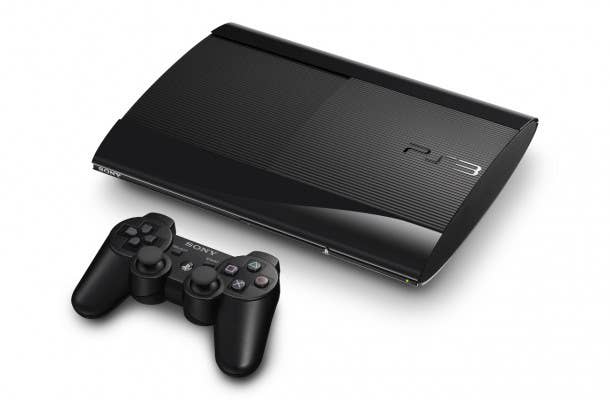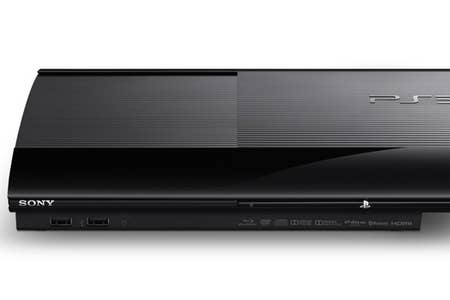PS3 Super Slim Could Be A Super Stumble
Chris Morris argues that Sony is shooting itself in the foot by not lowering prices this holiday
Just a few short weeks ago, it seemed pretty clear how this holiday season was going to shake out for the video game industry - on a few fronts at least.
The long drought of mediocre titles would be replaced with a steady stream of AAA hits. Nintendo would roll out the first next-generation console system. And Microsoft and Sony would battle the Wii U with the best tool at their disposal: A price cut.
Then came Wednesday's pre-TGS Sony press conference - and all hell broke loose.
The decision to roll out a redesigned, even slimmer PS3 wasn't a real shocker (nor was the bundling of two admittedly great games). Rumors about the redesigned system have been around since E3. But Sony's decision to price the new entry-level system at a point that's $20 higher than the current low-end PS3 was downright baffling.
While the Superslim PS3 is still priced lower than the Wii U, Sony opted to bypass an opportunity to boost its market share this holiday. To put it another way: new form factors are all well and good, but at this point in the game - and in the current economic climate - people are making decisions based on price.
"I think they're going to be caught flat footed when Microsoft does something like bundling Kinect with the Xbox for $200"
Michael Pachter
"I think the form factor looks like a nice improvement, but if I were Sony I would focus more on lowering prices," says Colin Sebastian of R.W. Baird. "At this point, in terms of competing at the end of the cycle and in terms of driving more mind share, I don't think consumers are as interested in the prettiest console they can find, but rather the one that has the best value."
Wedbush Securities' Michael Pachter agrees.
"I think Sony is missing an opportunity to differentiate on price," he says. "And I think they're going to be caught flat footed when Microsoft does something like bundling Kinect with the Xbox for $200."

P.J. McNealy of DWR Research, however, calls the pricing decision a "non-event". In addition, he points out, the current financial situation at Sony might be one of the motivations behind the move.
"[The PlayStation division has] a corporate mandate, with Kaz Hirai in charge, of trying to make money - and cutting the price isn't always in line with that mandate," he says. "The reality is Microsoft, Sony and Nintendo have two choices now. They can cut prices on current models or they can extend the life cycles of the current machines by adding more technology and bundling games with them. Sony is clearly in the second camp."
If McNealy's right, that could also explain Sony's resolution to not lower prices on existing PS3 inventory. While reducing the retail cost of systems that will be noticeably outmatched by their successors seems a gimme, Sony's not making any official moves. Instead, it's seemingly giving retailers the green light to do what they want.
"They want to maintain the brand value and the equity in the Sony name. They want to make sure Sony's not associated with a cheap box"
PJ McNealy
That, actually, makes some degree of sense.
"They want to maintain the brand value and the equity in the Sony name," says McNealy. "They want to make sure Sony's not associated with a cheap box. So putting in more value also lets them to keep the price up and allows them to charge $60 for AAA titles."
Sony is certainly leaving money on the table with its Superslim PS3 pricing decision - and in doing so is giving both Microsoft and Nintendo a chance to gain market share. For Nintendo, that's an opportunity - though for Microsoft, it might be less of one.
The reality of the situation is we're at the end of this console cycle. Despite all the rhetoric of a 10-year life cycle the console manufacturers are spouting, the majority of systems are likely already sold. And the value buyers that are still fence sitting, waiting for a $99 system, might help boost lifetime sales numbers, but they don't dramatically impact the bottom line, since they typically have a fairly low tie-ratio.
As for the core gamers? They might ooh and ah over the redesigned PS3, but with new systems from Sony and Microsoft looming on the horizon, they're not going to do much more than that.
"This is not a price cut, it's a product introduction," says Pachter. "It's not like people are going to say 'I'm going to take my 160 GB PS3 and upgrade to one that's 250 GB.'"









